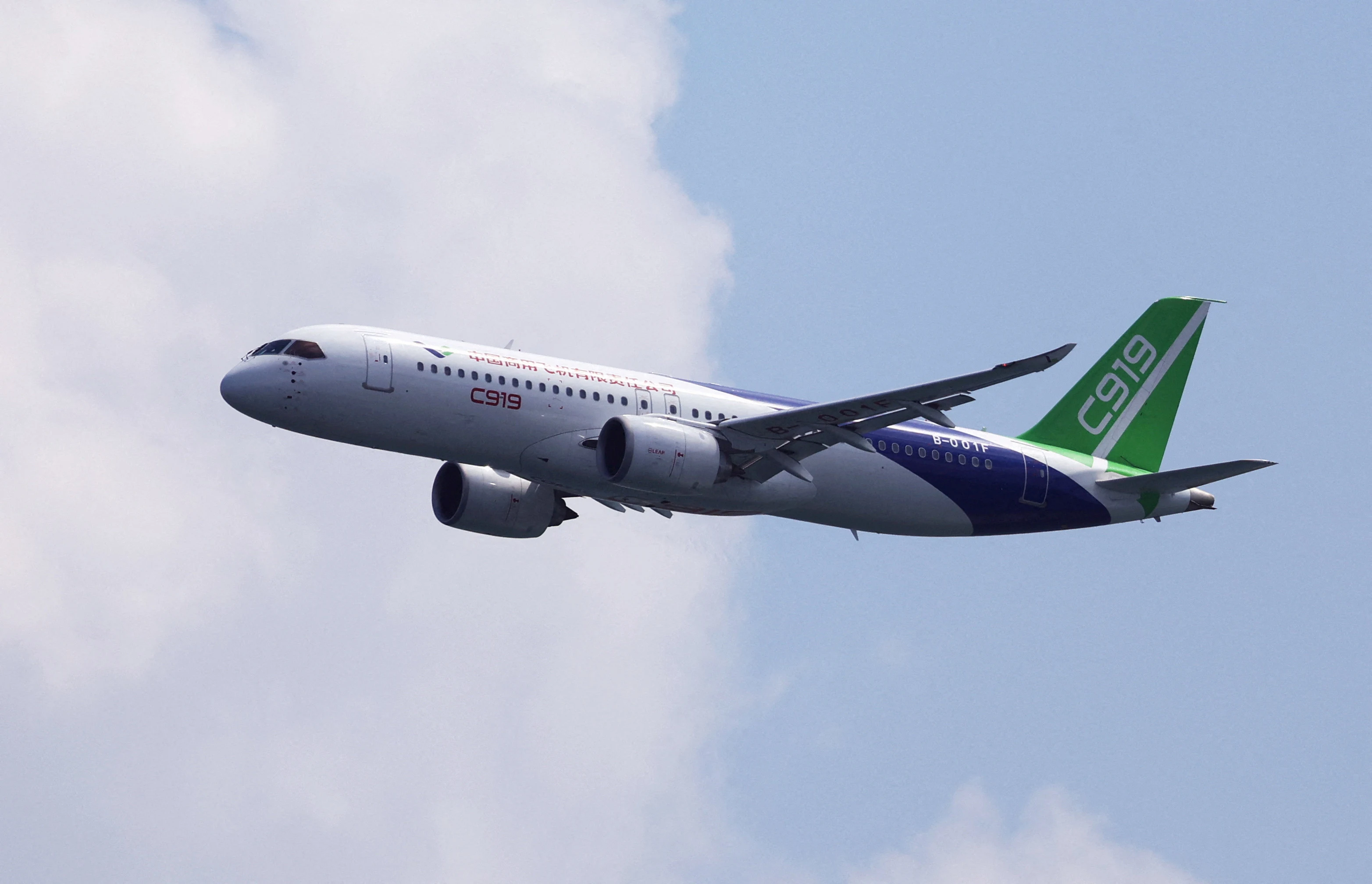 |
| Baoti Titanium |
China titanium mill products output surged in 2024 as domestic and global demand increased across multiple industries. Leading producer BaoTi boosted its titanium mill production by 12% year-on-year, reaching 33,600 tonnes, with plans to expand to 43,000 tonnes in 2025. The company also raised sales by 6.5% to 31,300 tonnes last year.
Rising Demand from Aerospace and 3C Industries
The China titanium mill products output increase was driven by rising demand from the aerospace, 3C (computer, communication, and consumer electronics), and power sectors. Aerospace was the top contributor, with titanium usage climbing by 2,816 tonnes to 32,193 tonnes, accounting for over 21% of national consumption. The 3C sector followed with a 10% rise, reaching 11,000 tonnes, as major global brands like Apple, Samsung, and Huawei sourced titanium parts from Chinese producers.
Global Titanium Market Follows Upward Trend
China's 32 major manufacturers produced a combined 172,000 tonnes of titanium mill products in 2024, reflecting an 8.1% increase. This growth aligned with global trends, as worldwide titanium mill product output rose by 8% to 260,000 tonnes. The shipbuilding sector also showed robust demand growth, consuming 4,933 tonnes—up by 1,191 tonnes compared to 2023. Meanwhile, China's power industry added 1,364 tonnes of new titanium demand, driven by energy transition investments.
The Metalnomist Commentary
China titanium mill products output continues to reflect the nation’s growing dominance in high-performance metal markets. With expansion plans underway, China is poised to further strengthen its position across aerospace, electronics, and energy applications in 2025 and beyond.
























 We publish to analyze metals and the economy to ensure our progress and success in fierce competition.
We publish to analyze metals and the economy to ensure our progress and success in fierce competition.